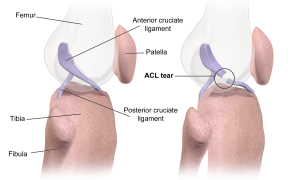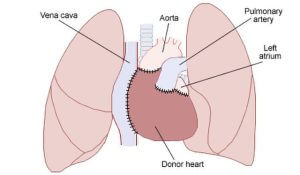The world is in a panic over COVID-19. The disease has claimed thousands of lives, and there seems to be no end in sight. As the COVID pandemic spreads throughout the world, more and more people are looking for information about the available treatments. There has been a lot of confusion about the COVID vaccines and pills that have recently been approved and marketed.
Some people are wondering if they should get vaccinated or take the pills. But which one is right for you? In this article, we will take a closer look at both the vaccines and the pills that have been approved to fight COVID-19, we will discuss the differences between the two treatments and help you decide which is best for you!
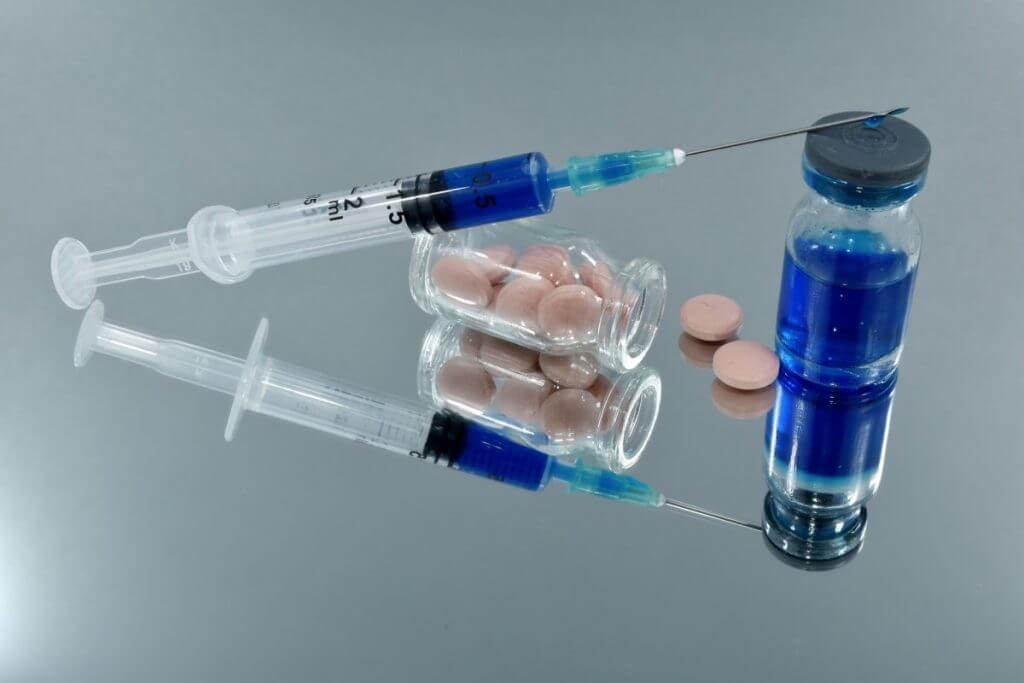
COVID 19 Vaccines
Vaccines are developed to safeguard people from exposure to a disease — in this case , SARS-CoV-2. The purpose of a vaccine is to train your immune system to detect and fight the virus, even if that it hasn’t encountered before. Although vaccines mimic an infection but they rarely result in illness. The vaccines also protect the population by limiting the spread of diseases between people. This protection is also known as herd or community immunity.
Here are some of the COVID-19 vaccines:
Pfizer
The Pfizer vaccine is a recombinant vaccine that contains the MVA-BN® vector expressing nucleoprotein (NP) from COVID 19. The vaccine was developed using reverse genetics technology to create a genetically engineered virus that cannot cause disease. It has been shown to be safe and effective in previous clinical trials and is currently being evaluated in a Phase III clinical trial.
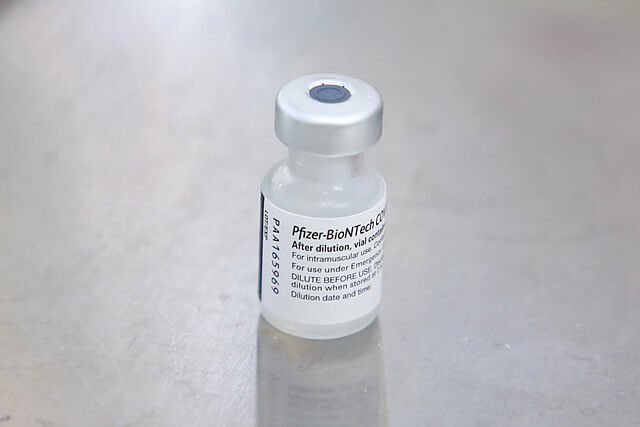
Moderna
The Moderna vaccine is a messenger RNA (mRNA) vaccine that contains the genetic code for the NP protein from COVID 19. The vaccine was developed using synthetic biology technology to create an mRNA molecule that can be recognized and processed by the body. It has been shown to be safe and effective in previous clinical trials and is currently being evaluated in a Phase III clinical trial.
Astra Zeneca
The Astra Zeneca vaccine is a live, attenuated virus vaccine that contains an engineered version of the COVID 19 S protein. The vaccine was developed using genetic engineering technology to create a virus that cannot cause disease. It has been shown to be safe and effective in previous clinical trials and is currently being evaluated in a Phase III clinical trial.
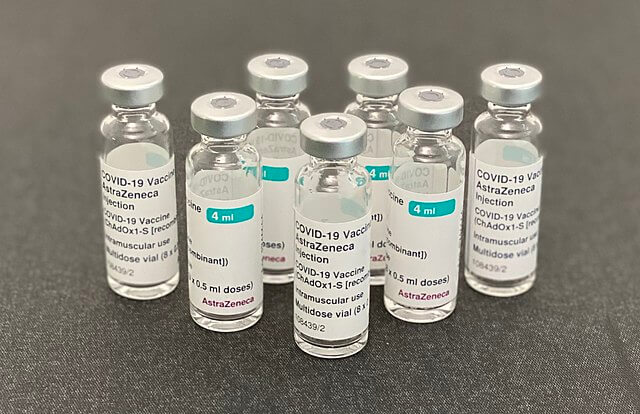
Novavax
The Novavax vaccine is a recombinant nanoparticle vaccine that contains the NP protein from COVID 19. The vaccine was developed using novel technology to create a vaccine particle that can be recognized and processed by the body. It has been shown to be safe and effective in previous clinical trials and is currently being evaluated in a Phase III clinical trial.
The Benefits of Vaccination
One of the benefits of vaccination is that it can help protect people who are not able to get sick because they are too young or have a pre-existing health condition. In addition, vaccinated people can help stop the spread of disease by reducing its ability to circulate and mutate.
The Risks of Vaccination
Like any medical treatment, there are some risks associated with vaccination. These risks include minor side effects like pain, redness, and swelling at the injection site. More serious risks include allergic reactions to the vaccine or its ingredients. However, these reactions are rare.
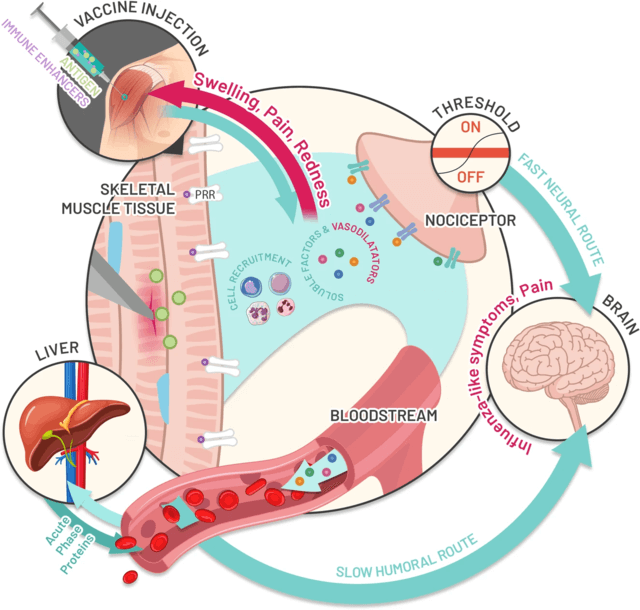
COVID 19 Pills
Antivirals are drugs that are used for treating viral infections. Some antivirals target specific viruses, while others work against a number of viruses. These drugs can work in different ways such as preventing the virus from entering host cells, replicating, or releasing viral particles to infect other cells.
Here are some of antivirals being eyed as treatments for COVID-19. Many of these have been approved for other conditions or have been tested on other viruses.
Teva/Johnson & Johnson
The Teva/Johnson & Johnson pill is a combination antiviral drug that contains two nucleoside analogues (baloxavir marboxil and remdesivir). The drug was developed using synthetic chemistry technology to create two drugs that work together to inhibit the replication of the COVID 19 virus. It has been shown to be safe and effective in previous clinical trials and is currently being evaluated in a Phase III clinical trial.
Gilead Sciences
The Gilead Sciences pill is a combination antiviral drug that contains two nucleoside analogues (baloxavir marboxil and remdesivir). The drug was developed using synthetic chemistry technology to create two drugs that work together to inhibit the replication of the COVID 19 virus. It has been shown to be safe and effective in previous clinical trials and is currently being evaluated in a Phase III clinical trial.

Bristol-Myers Squibb
The Bristol-Myers Squibb pill is a combination antiviral drug that contains three nucleoside analogues (baloxavir marboxil, remdesivir, and lopinavir/ritonavir). The drug was developed using synthetic chemistry technology to create three drugs that work together to inhibit the replication of the COVID 19 virus. It has been shown to be safe and effective in previous clinical trials and is currently being evaluated in a Phase III clinical trial.
The Benefits of the Pills
The main benefit of the pills is that they are a new treatment option for COVID. In addition, they are easy to take and do not require any special equipment or training.
The Risks of the Pills
Like any medication, there are some risks associated with taking the COVID pills. The most common side effect is nausea, which affects about 50% of people who take them. Other potential side effects include vomiting, diarrhea, and headache.
Which Is Right For You?
There is no one-size-fits-all answer when it comes to deciding whether to get a COVID vaccine or take the pills. Some factors that you will want to consider include your age, health condition, and previous exposure to COVID. If you are healthy and have not been exposed to COVID, then the inactivated vaccine would be a good choice for you. If you are young or have a pre-existing health condition, the live attenuated vaccine would be a better option.
If you are unsure which treatment is right for you, talk to your doctor and they can help you make the best decision for your individual situation!
What Are The Differences Between The Vaccines And Pills?
The main difference between the vaccines and pills is that the vaccines contain live viruses while the pills contain antiviral drugs. The vaccines are also administered as an injection while the pills are taken orally.
The vaccines have been shown to be safe and effective in previous clinical trials, while the pills are still being evaluated in Phase III clinical trials.
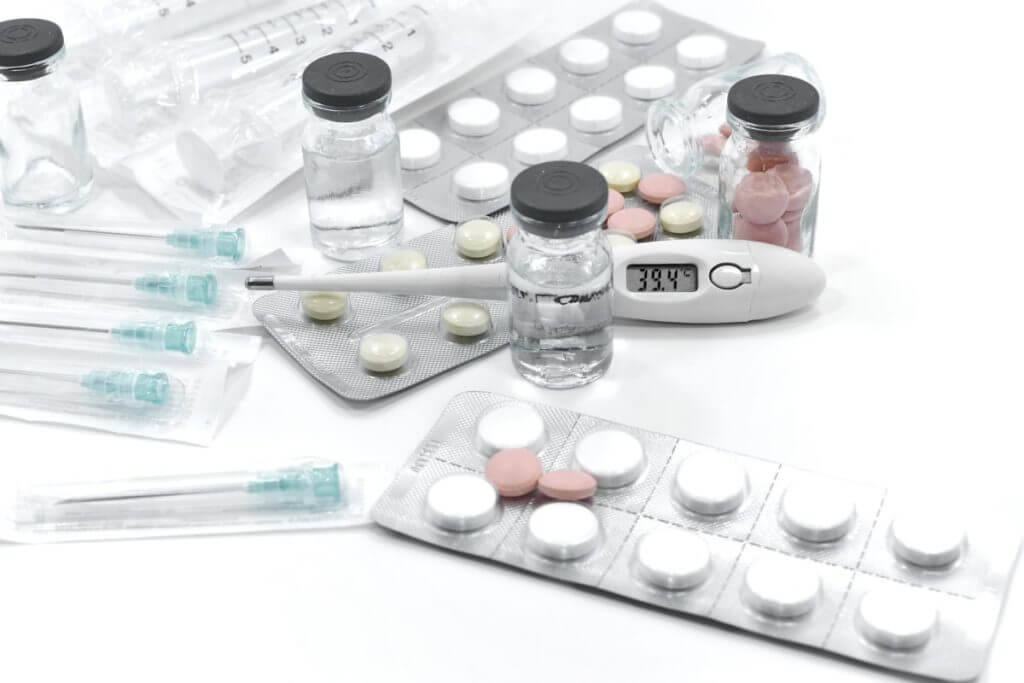
The five main differences between COVID vaccines and COVID pills are:
1. How they work: The vaccines work by helping the body create immunity against the virus, while the pills work by disrupting the viral assembly.
2. Ease of use: The vaccines can be given as an injection or a nasal spray, while the pills are taken twice a day for 14 days.
3. Side effects: The most common side effect of the pills is nausea, while the most common side effect of the vaccines is soreness at the injection site.
4. Previous exposure: If you have been exposed to COVID, the vaccine would be a better choice for you than the pills.
5. Age: The vaccines are not recommended for children under the age of 18, while the pills are safe for people of all ages.
References
CDC. “COVID-19 Vaccination.” Centers for Disease Control and Prevention, 1 Sept. 2021, https://www.cdc.gov/coronavirus/2019-ncov/vaccines/index.html.
“Find COVID-19 Vaccine Locations near You.” Vaccines.Gov, https://vaccines.gov. Accessed 29 Jan. 2022.
COVID-19 Vaccines. https://www.who.int/emergencies/diseases/novel-coronavirus-2019/covid-19-vaccines. Accessed 29 Jan. 2022.
CDC. “Frequently Asked Questions about COVID-19 Vaccination.” Centers for Disease Control and Prevention, 24 Jan. 2022, https://www.cdc.gov/coronavirus/2019-ncov/vaccines/faq.html.
The content shared in the Health Literacy Hub website is provided for informational purposes only and it is not intended to replace advice, diagnosis, or treatment offered by qualified medical professionals in your State or Country. Readers are encouraged to confirm the information provided with other sources, and to seek the advice of a qualified medical practitioner with any question they may have regarding their health. The Health Literacy Hub is not liable for any direct or indirect consequence arising from the application of the material provided.

